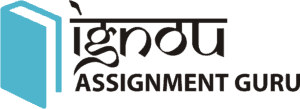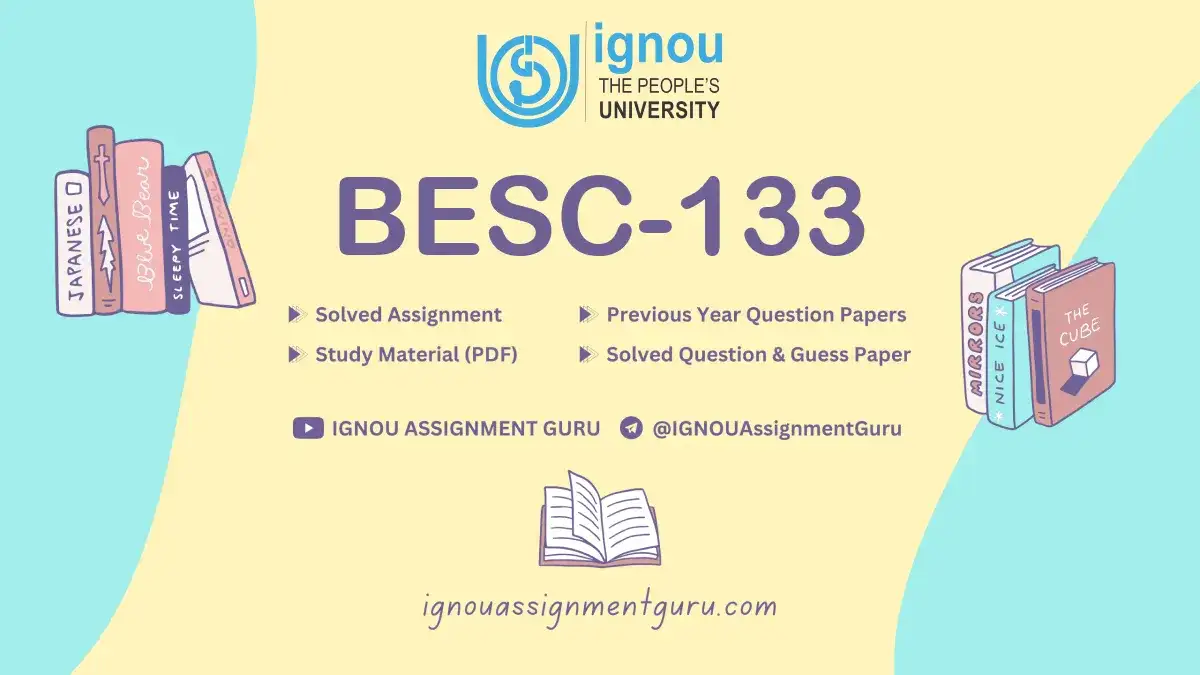BESC-133 CURRICULUM, TEACHING-LEARNING AND ASSESSMENT in English Solved Question Paper June 2022
CURRICULUM, TEACHING-LEARNING AND ASSESSMENT
Course Code: BESC-133
| Title Name |
BESC-133 Solved Question Paper June 2022 |
| University | IGNOU |
| Service Type | Solved Question Paper (Soft copy/PDF) |
| Course | BAG |
| Language | English |
| Year | June 2022 |
| Course Code | BESC-133 |
| Product | Solved Question Paper (IGNOU) |
BESC-133 : CURRICULUM, TEACHING-LEARNING
AND ASSESSMENT
Time : 3 hours Maximum Marks : 100
Note : (i) All sections are compulsory.
(ii) Answer the questions as per the instructions
given under each section.
SECTION A
Answer any two of the following questions in about
500 words each.
1. What is meant by curriculum framework ?
Describe the common elements and their
functions of curriculum framework. 20
2. Describe the various online tools used for
assessing subjective type questions. 20
3. Differentiate between formal and informal
learning environments. Describe their
advantages and disadvantages. 20
4. Explain the different types of Teaching-Learning
Resources (TLRs) with examples. 20
SECTION B
Answer any four of the following questions in about
250 words each.
5. Explain the concept of reflective teaching and its
various steps with the help of an example. 12
6. Elaborate any three approaches to classroom
management. 12
7. Discuss Gardner’s theory of Multiple Intelligence
with suitable examples. 12
8. Discuss the diverse roles of teachers in the
present school system. 12
9. Elaborate the various types of assessments with
examples. 12
10. What do you understand by ‘diversity in
classrooms’ ? Discuss the various types of
diversity. 12
11. Explain the concepts of measurement,
assessment and evaluation. 12
SECTION C
Answer any two of the following questions in about
125 words each.
12. Explain the Integrated Curriculum Framework. 6
13. What is a rubric ? How does a holistic rubric
differ from an analytic rubric ? 6
14. Explain any two approaches to curriculum
planning. 6
15. Differentiate between cognitive and non-cognitive
abilities. Why do we assess non-cognitive abilities ? 6
FAQs
How can solving previous year question papers improve my exam performance?
Solving previous year question papers helps you become familiar with the exam format, identify important topics, and develop effective time management and problem-solving skills, leading to improved performance.
Can I solely rely on previous year question papers for exam preparation?
While previous year question papers are an essential part of exam preparation, it is advisable to supplement them with comprehensive study materials, textbooks, and practice tests for a well-rounded approach.
Can solving previous year question papers guarantee a good score?
Solving previous year question papers enhances your preparation and boosts confidence, but the final score depends on various factors, including consistent studying, understanding concepts, and effective exam strategy.




